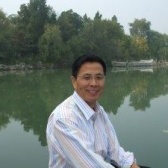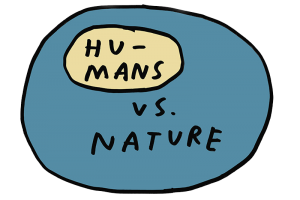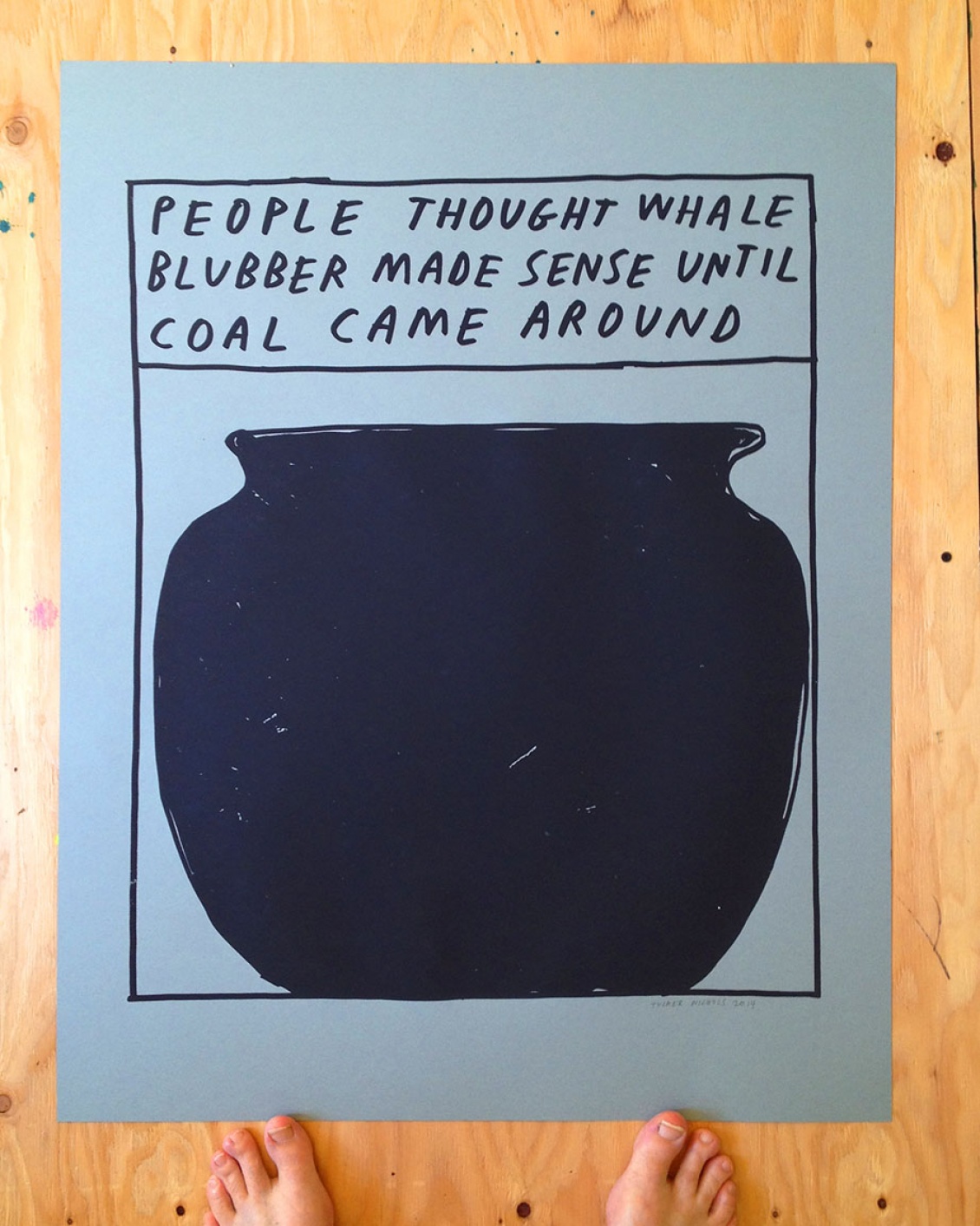← Return to Seizing an Alternative | Section III
Track 2: Enlightenment, Industrialization, Natural World
The European enlightenment emphasized science, individual liberty, and respect for persons, but neglected community and tradition. It intensified alienation from the rest of nature by treating it as different in substance (Descartes) and developing industrial methods of exploiting it. The track will consider its effects in the West and its later effects on other cultures, especially China.
Track Heads

Zhihe Wang
Director of the Institute for Postmodern Development of China, Executive Director of the China Project, Center for Process Studies, Claremont School of Theology, Director of Center for Constructive Postmodern Studies, Professor of Philosophy at Harbin Institute of Technology
Zhihe Wang, born in Beijing, China, is the Director of the Institute for Postmodern Development of China, the Executive Director of the China Project, Center for Process Studies, Claremont School of Theology. He is also the Director of Center for Constructive Postmodern Studies, and he serves as a Professor of Philosophy at Harbin Institute of Technology. His areas of specialty include process philosophy, constructive postmodernism, ecological civilization, and second enlightenment. His recent publications include:Green Development and Innovation From Global Perspective (with Jianjun Zhao,2013); Process and Pluralism: Chinese Thought on the Harmony of Diversity (2012);Second Enlightenment (with Meijun Fan, 2011).;The Roar of Awakening: A Whiteheadian Dialogue Between Western Psychotherapies and Eastern Worldviews (co-edited with Goerge Deffer and Michel Weber,2009 ), Ecological Civilization and Marxism (with Huibin Li and Xiaoyuan Xue, 2008); Whitehead and China (co-edited with George Derfer and Wenyu Xie, 2008), and A Study of Postmodern Philosophical Movement (2006)
Dr. Wang received his B.A. and M.A. in Philosophy from Peking University in Beijing, China, and his Ph.D from Claremont Graduate University in the United States. He was a senior research fellow at the Chinese Academy of Social Sciences and the vice-chief editor of Social Science Abroad, a nationally recognized journal.
Since 2002 he and his team have established more than 20 research institutes for constructive postmodern studies in China at universities in Beijing, Shanghai, Nanjing, Guilin, Harbin, and other cities. He has helped organize more than 70 international conferences on ecological civilization, sustainable urbanization, ecological agriculture, postmodern law, science and spirituality, education reform, social responsibility in business, land and social justice, and, management. He has arranged more than 300 lectures by non-Chinese scholars in China. All of these efforts are ultimately aimed at helping encourage the greening of China and the world as well.
Lecture Title:
Have You Ever Wondered What It’s Like to Be a Mouse?

Stephen Franklin
Special Professor of Theology and Philosophy, Tokyo Christian University
Stephen T. Franklin is a Christian theologian and philosopher, and special professor of Tokyo Christian University. Franklin is one of the few evangelicals who is also a scholar of process theology; known for his research in the interaction of evangelical theology and process thought. Franklin is married to the former Martha Jean Evans, former associate professor of nursing at Shizuoka University in Shizuoka Prefecture, Japan.
Franklin attended North Park College (now North Park University) and graduated with a BA in Philosophy in 1965. He then moved on to the University of Chicago to earn graduate degrees in Philosophy and Theology and was awarded a PhD in 1976 (by a dissertation committee comprising theologians Langdon Brown Gilkey and David Tracy, and philosopher Paul Ricoeur) for his work on Language and Religious Symbolism based on Alfred North Whitehead’s “”philosophy of organism.””
Franklin joined the faculty of Tokyo Christian University as Professor of Philosophy and Theology in 1991. He was later elected, by the faculty and board of Tokyo Christian Institute, as Dean of the Faculty for a two-year period, and President of Tokyo Christian University in 1998. Franklin was re-elected President for a second term in 2002. He stepped down from this post in March 2006. Since stepping down as president, Franklin has been contributing to the advancement of higher education in Japan and the United States as Professor of Theology and Philosophy at Tokyo Christian University and Olivet Nazarene University.
Franklin’s most significant accomplishment during his tenure as president was the creation of the ACTS-ES (Asian Christian Theological Studies for English Speakers) program—a four-year course leading to a BA degree which combines the liberal arts, theology, cross-cultural studies, East Asian studies, and practical Christian living. The course has been very successful, and has attracted students from the United States, Europe, and Africa, though it was originally designed for students from Asia.
Before joining the faculty of Tokyo Christian University, Franklin held professorships in Theology and Philosophy at Wheaton College Graduate School, Tsukuba University, and William Rainey Harper College. He has also been a visiting faculty member at St. James Bible College (Magadan, Russia), Seikei Theological Seminary (Tokyo), University of Maryland, and North Park University.
In addition to his publications in Theology and Process Thought, Franklin has also been the recipient of numerous invitations to speak at universities and academic institutions around the world.




